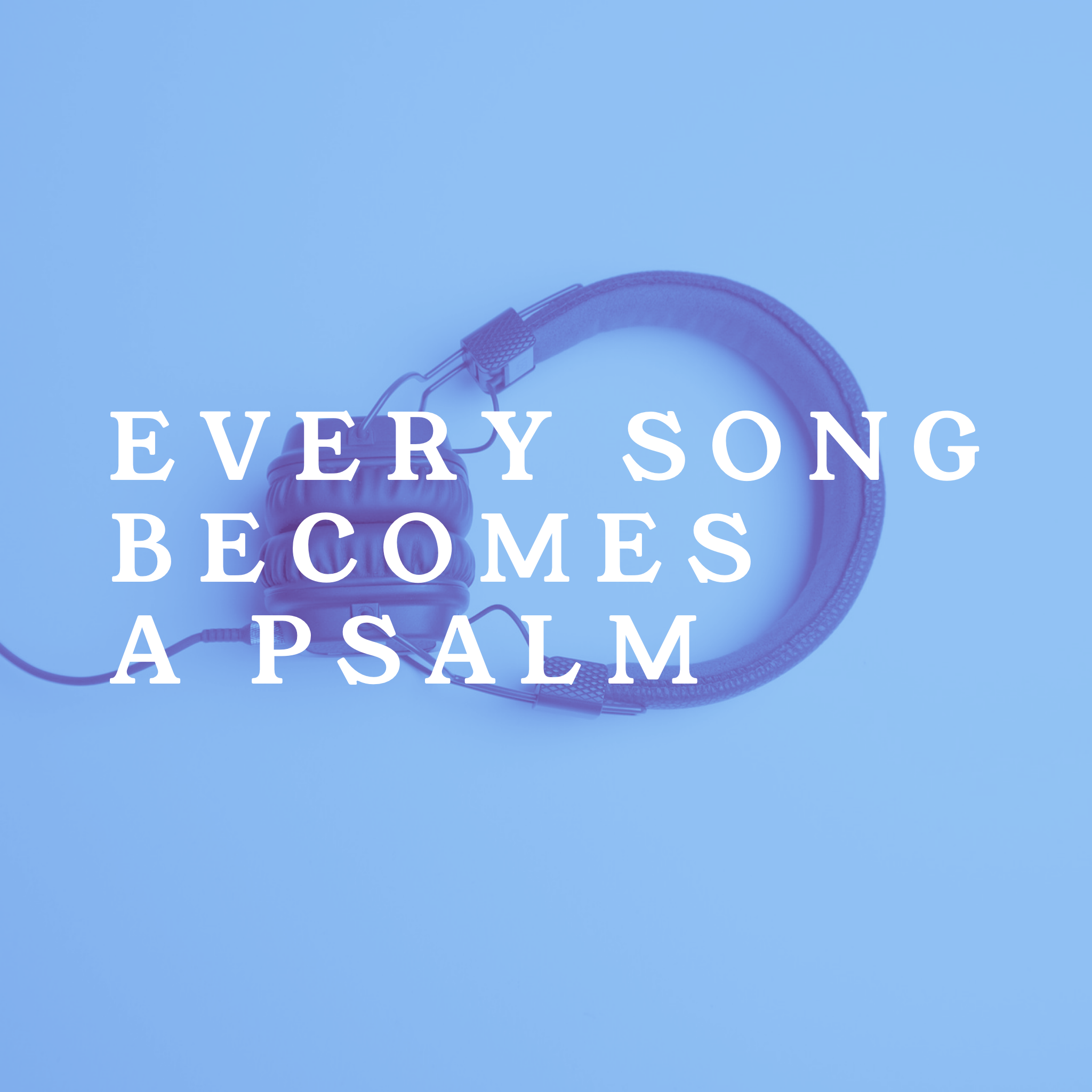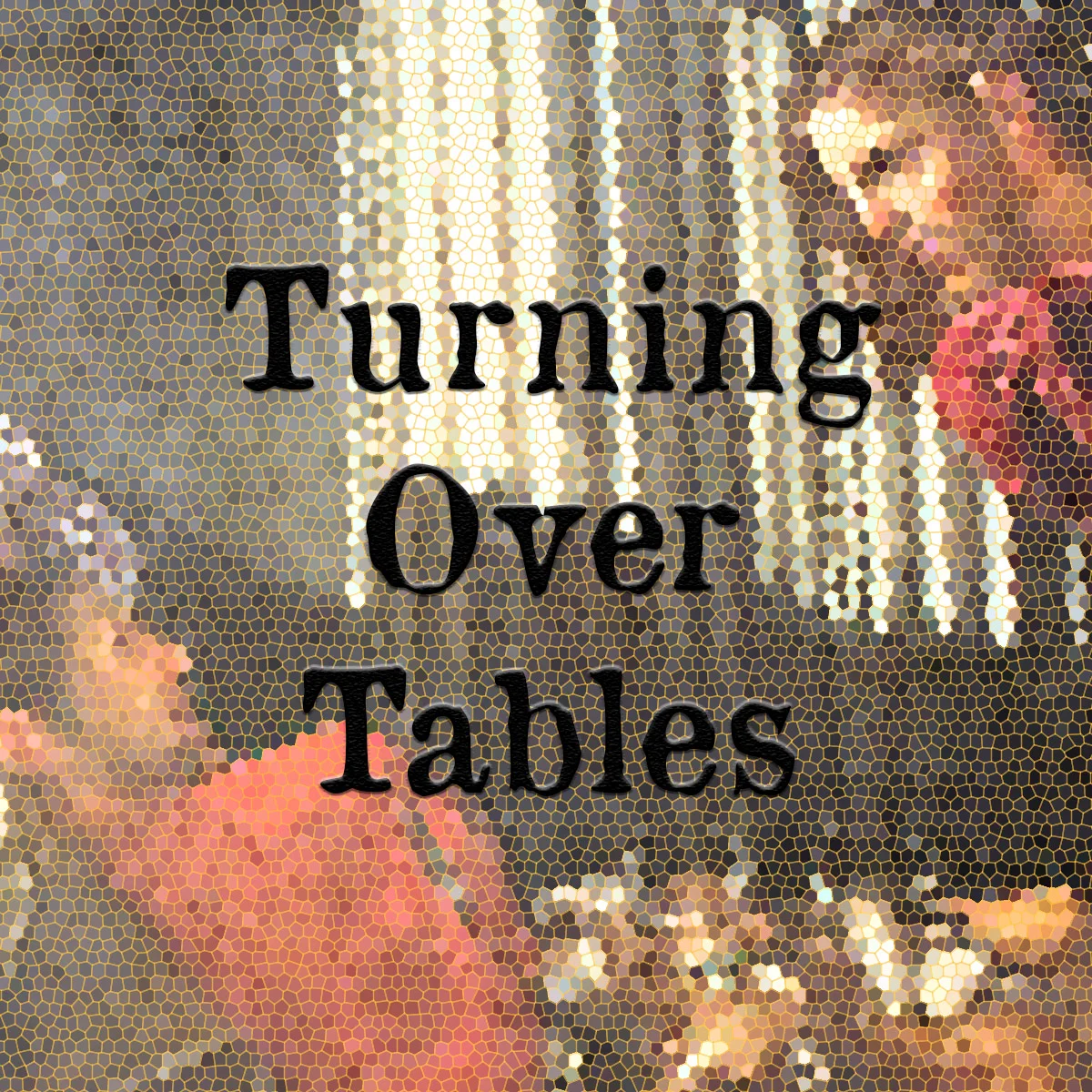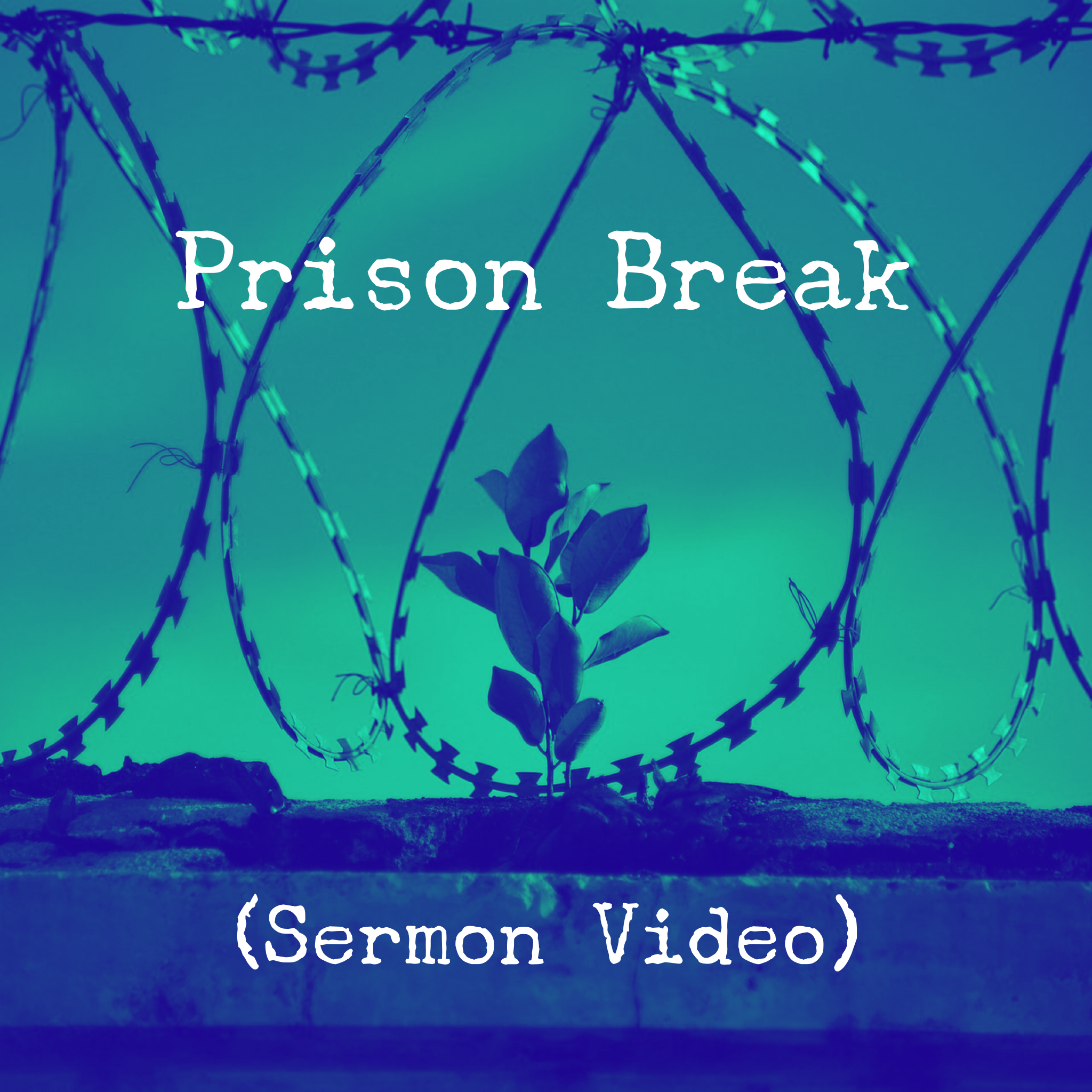For about three years, I would pick one of the Revised Common Lectionary passages for the forthcoming Sunday and write some kind of reflection about it. Sometimes short, sometimes long, sometimes earnest, sometimes goofy. But I stopped doing that a little over two years ago. Writing, which was once as natural as breathing, has become exponentially difficult for me of late. With apologies to Anne Lamott, I’m going to try to bird by bird this sucker starting with resurrecting this old practice. It might be rough, but I’ve got to start somewhere.
Jeremiah 23:1-6
First Reading for Reign of Christ Sunday (Year C)
“Woe to the shepherds who destroy and scatter the sheep of my pasture! says the Lord.”
I’m going to try my best to be honest: Reading this my mind immediately goes to the dumpster fire and, I don’t know, port-a-john pyrotechnics that are presently engulfing our political and religious lives in America. And I want to steer out of that. It’s there. It’s important. We need to stay informed and be vigilant. But I am just too exhausted by it tonight.













